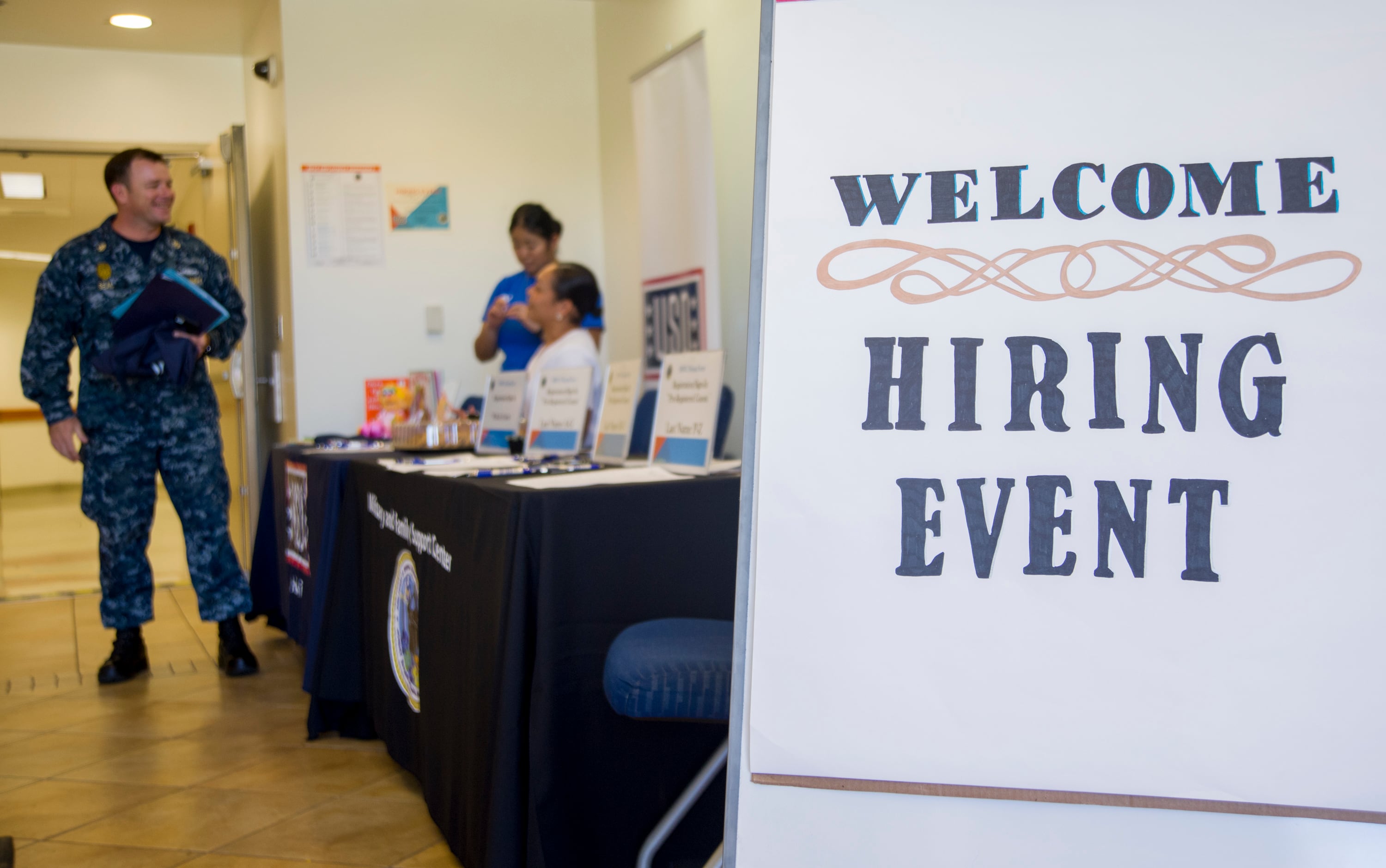Esports and gaming communities are skyrocketing as global phenomena in a landscape that’s moving to the digital space. They’re also becoming powerful mediums of empowerment, particularly for military servicemembers and veterans. From virtual arenas where players compete in many games to forums that foster camaraderie and support, gaming serves as a lifeline to social connection, cognitive rejuvenation, and professional opportunities for many veterans long after their service.
Video games have gone hand in hand with military service since the 1990s when service members would take their Nintendo or Sega Genesis consoles on deployment with them. While much has changed in the quality and quantity of gaming services and platforms, one thing has remained constant: Military members love video games.
They love them so much that the Navy, Army, Marine Corps, Air Force/Space Force, and Coast Guard have established esports teams. The services founded these teams to modernize outreach and recruitment efforts and show a different side to military service.
According to a program officer in the Office of Naval Research (ONR) warfighter performance department who discussed the findings in the Pentagon Web Radio Webcast, gamers perform 10 to 20 percent higher, in terms of perceptual and cognitive ability, than people who are non-game players.
The Growth Of Esports
Esports isn’t just a fad; it’s a full-fledged revolution. In a few short years, what was once a subculture has exploded into a multi-billion-dollar industry with all the features of traditional sports—leagues, franchises, sponsorships, and even college scholarships. The global audience is staggering, with millions of viewers tuning in to tournaments through streaming services, not to mention the legions of fans attending live events. For veterans, this landscape presents an enticing platform beyond leisurely game nights. It’s a dynamic ecosystem filled with opportunities for casual gamers and those considering a more serious engagement with esports.
What Does it Take to Conquer Esports?
Esports, or electronic sports, aren’t just about picking up a controller and playing the latest edition of Call of Duty. It’s a multifaceted world that involves competitive gameplay, comprehensive strategies, team coordination, and often, high-stakes tournaments. The games vary widely, from first-person shooters and real-time strategy games to sports simulations and puzzle games. Each game has its own set of rules, objectives, and metrics for success, making the e-sports landscape as diverse as it is engaging.
An unexpected but significant aspect of esports is the spectator experience. With the advent of streaming platforms like Twitch, esports has become a spectator sport, attracting millions of viewers worldwide. Fans tune in to watch live or recorded matches, study player strategies, or be part of a larger gaming community. This viewer engagement is comparable to traditional sports, with commentators, analysts, and exclusive interviews that provide an in-depth look into the esports ecosystem.
Esports isn’t just about individual prowess; team dynamics also play a pivotal role. Communication, strategy, and synergy are essential, just like in military operations. Players specialize in different parts, much like the positions in a traditional sport or specializations within an army unit. This requires each team member to be skilled individually and understand how to collaborate effectively with their team.
Financial stakes in esports can also be incredibly high. Top-level competitions often come with substantial cash prizes, and many players earn a living through sponsorships, merchandise, and streaming revenues. The sense of achievement and the thrill of competition can be as real and intense as any traditional sporting event or military mission.
The Benefits of Esports and Casual Gaming for Veterans
Engaging in esports and casual gaming offers veterans a unique set of psychological and social advantages. On a psychological level, gaming can serve as escapism, providing a much-needed break from the stresses of transitioning back to civilian life or coping with traumatic experiences. These games’ immersive worlds and challenging scenarios can also act as a cognitive workout, stimulating mental understanding and problem-solving skills.
From a social standpoint, gaming fosters a sense of community and camaraderie that many veterans miss after leaving active service. Online multiplayer games allow veterans to connect with friends and fellow service members, no matter where they are. These virtual communities often replicate the teamwork, leadership, and coordination required in the military, creating a comfortable space for veterans to share experiences and engage in friendly competition.
The competitive aspect of esports also allows veterans to channel their natural drive and discipline into a new challenge. The structure of esports tournaments and the dedication required to excel mimic the high-stakes environment of military operations, offering a familiar form of engagement. This is not just about winning or losing; it’s about the pursuit of mastery, the joy of improvement, and the communal spirit of striving toward a goal.
For anyone considering a deeper involvement, the esports industry offers various career paths, from gaming journalism and game development to marketing and event organization. With its vast and growing reach, esports presents a promising arena for veterans to leverage their unique skill sets, providing a purpose and a paycheck.
Inside Regiment Gaming: Where Service Meets Gaming
Regiment Gaming isn’t just another gaming community; it serves as a microcosm of the wider esports world and is tailored for a specific audience: service members and veterans. Founded by Brandon Hatfield and Chris Earl in 2020, Regiment has quickly become a significant gaming industry force, boasting over 10,000 members. But what sets Regiment apart is its mission to provide a supportive network for veterans, many of whom find esports to be a pastime and a meaningful way to connect and heal.
The remarkable growth of Regiment underscores a broader trend in the esports world—the yearning for community. Esports are not just about individual skill or team performance; they’re also about the bonds formed during the heat of the game. The appeal is natural for service members, who often come from a background where teamwork and cohesion are paramount. The gaming setting offers a digital arena to employ some of the same skills—strategic thinking, rapid decision-making, and team collaboration—that were second nature during their time in service.
Regiment taps into this demand for camaraderie and competition, but its influence extends beyond the screen. The organization is making strides in dealing with issues often associated with military life, from mental health to social isolation. Regiment isn’t just playing games; they’re building a support network that aims to make a real-world impact, underscored by their commitment to causes that resonate with military life.
Brandon Hatfield, the only non-veteran community member, provides a unique angle to Regiment’s approach. His role isn’t just administrative; it’s a conduit between two worlds — the military family and the esports enthusiast. Through initiatives like charity events and skills development programs, Regiment aims to provide a holistic approach to the challenges veterans and service members face.
The world of esports offers more than just virtual battlegrounds and leaderboards; it provides a space for community, camaraderie, and personal growth. For veterans and service members, it’s an arena that aligns closely with the values and skills they’ve accrued and honed during their military careers. Regiment understands this synergy, carving out a specialized niche that acknowledges the therapeutic and social benefits of gaming and elevates its members’ experiences in tangible ways.
Adding to this excitement is MCON 2023, which will feature gaming in a big way. Imagine not just watching a tournament but participating in one. MCON’s gaming experience will include hands-on workshops and competitive games, making it the perfect opportunity to put those gaming skills to the test and pick up new strategies. It’s an experience designed for veterans by those who understand the value and appeal of gaming in our community.
As esports continues to gain momentum, communities like Regiment need to be recognized not merely as gaming groups but as critical social networks that can make a genuine impact. Whether offering emotional support or providing a competitive outlet, these communities prove that in the rapidly evolving landscape of esports, there’s something precious for everyone—even, perhaps especially, for those who’ve served.






